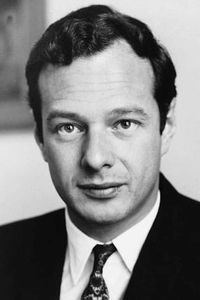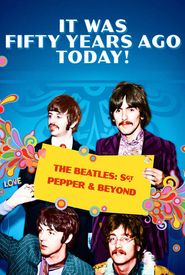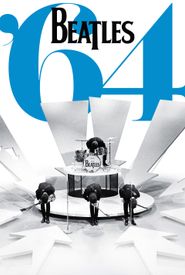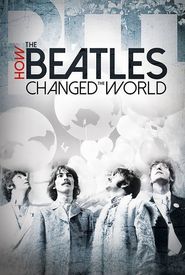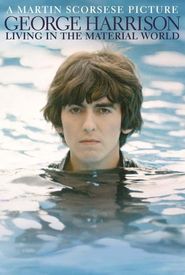Brian Samuel Epstein was born on September 19, 1934, in Liverpool, UK, into a Jewish-English family. His family owned a store where Paul McCartney's piano was purchased. After dropping out of the Royal Academy of Dramatic Art in London, Epstein took charge of record sales in his father's stores and wrote a regular column in Mersey Beat magazine, which promoted The Beatles.
Epstein's store was located near the Cavern Club, where he attended a Beatles' performance after customers requested their single at his store. He was immediately struck by their music, sense of humor, and personal charm. This encounter marked the beginning of his involvement with the band.
Epstein's diplomatic approach to managing The Beatles and their unofficial manager, Allan Williams, led to a meeting on December 10, 1961, where it was decided that Epstein would manage the band. A five-year management contract was signed by the four members at Pete Best's home on January 24, 1962, with Epstein not signing the document to give the musicians freedom of choice.
Despite being rejected by major record labels, Epstein persisted in trying to sign a record deal for The Beatles. He transferred a demo tape to disc with HMV technician Jim Foy, who liked the song and referred it to Parlophone's George Martin. After passing Martin's audition, the band replaced drummer Pete Best with Ringo Starr.
Epstein brought significant improvements to the band's image, advising them to wear suits and clean up their stage act. He also directed their synchronized bow at the end of shows. These changes transformed their appearance, allowing them to be accepted by the mainstream media and public.
As a detail-oriented and focused manager, Epstein maintained the band's clean-cut image, managing every aspect of their career, daily life, concert gigs, and media appearances. He also successfully managed other artists, including Gerry and the Pacemakers, Billy J. Kramer & The Dakotas, Cilla Black, and The Bee Gees.
Epstein was a creative member of The Beatles, a multi-talented individual with a good disposition, sharp memory, and an eye for details. He was a good character reference, described by the British Army as "Sober, conscientious, and utterly trustworthy." Despite his dismissal from service due to being "incurably civilian," his character was ultimately judged by the entertainment industry.
Epstein's life was marked by stress caused by his homosexuality and prescription drug dependency, as well as social and legal restrictions. He died of a drug overdose on August 27, 1967, leaving The Beatles without their uniting creative manager, and the band soon went their separate ways.
